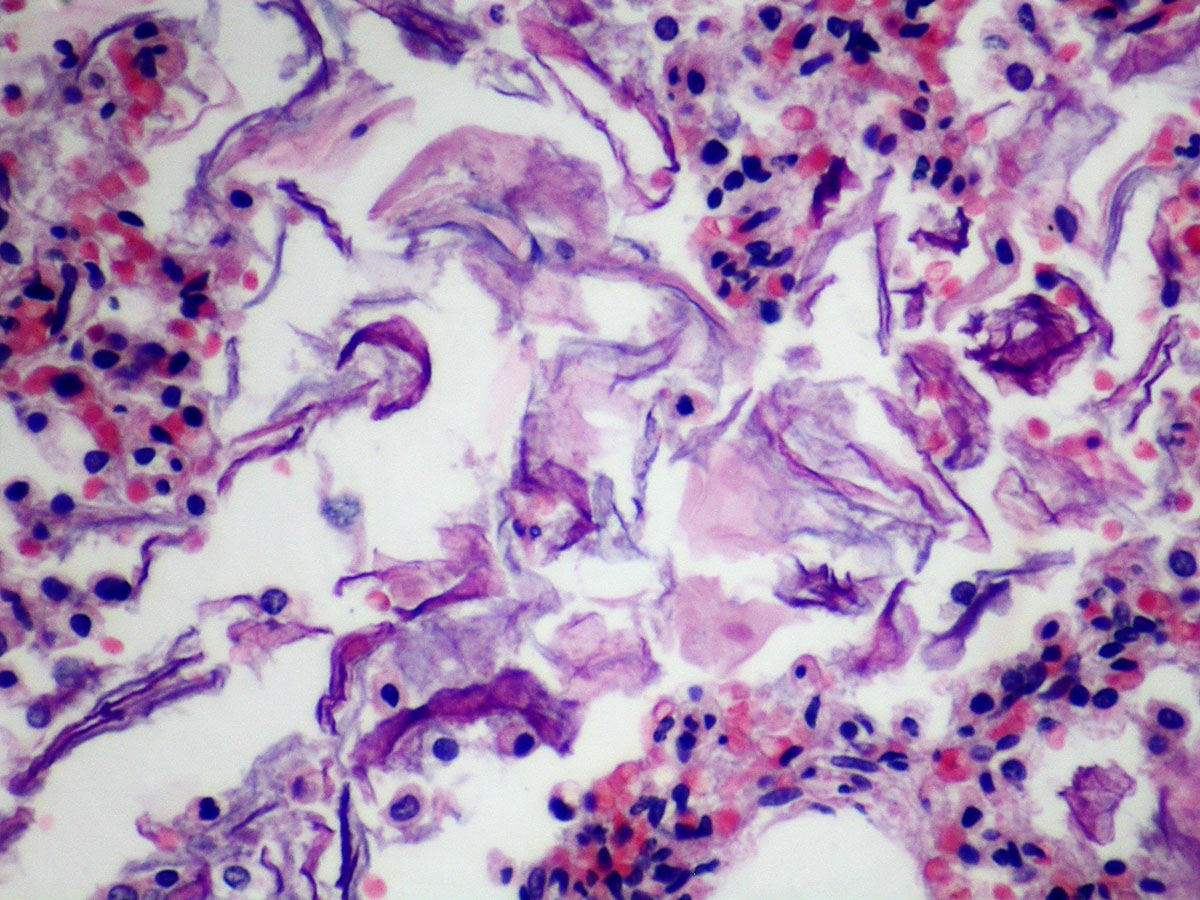
Amniotic Fluid
Amniotic fluid is the liquid which surrounds the baby in the uterus. Both, the baby and amniotic fluid are located inside a sac called the amniotic sac. The amniotic sac is connected to the yolk sac, the alantois and the placenta. The umbilical cord is a link between the amniotic sac and the placenta.
Amniotic fluid is a very important fluid for the fetus. It contains lots of proteins, carbohydrates, lipids and phospholipids. The first signs of the filling of the amniotic sac with amniotic fluid occurs two weeks after fertilization. It is initially only made of water but as the pregnancy progresses amniotic fluid becomes richer in other substances. Amniotic fluid also contains skin cells that fall from the fetus. These cells can be easily obtained together with amniotic fluid. They are used in prenatal genetic examination of potential disorders.
Amniotic Fluid Test
Amniotic fluid test or medically known as amniocentesis belongs to a group of prenatal tests which are performed to check potential genetic disorders of the baby. It is not performed in all women. Only in those who carry certain risks, in older pregnant women and in women who have already gave birth to children with genetic disorders.
Amniocentesis is performed by well-experienced doctor. It is always done with the assistance of the ultrasound. Ultrasound identifies the exact position of the baby and makes it easier for a doctor to take amniotic fluid without causing any damage to the baby. Once, the position of the baby has been identified the place of needle insertion is sterilized and the doctor inserts the needle into the uterus through the front wall of the mother's abdomen. After the fluid has been obtained it is sent to the laboratory for genetic examination. The cells of the fetal skin are used and they may point to the presence of chromosomal abnormalities.
The most common genetic disorders tested by amniocentesis include Down syndrome, Edwards syndrome and Turner syndrome.
Amniotic Fluid Test Risks
Amniocentesis is performed between 15th and 20th week of pregnancy. This is a safe procedure if performed by experienced doctor. The ultrasound helps and the injuries to the baby occur rather rarely.
The needle may cause damage to baby's arms or legs or even other parts. One more complication is infection due to improper sterilization of the spot of needle insertion or usage of non-sterile needle.
The puncture of the amniotic sac heals spontaneously and there is slight risk of severe leakage of amniotic fluid. And finally, one more complication is miscarriage.


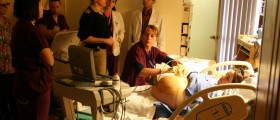


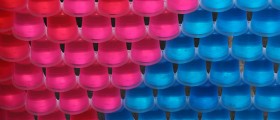







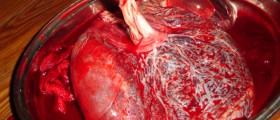


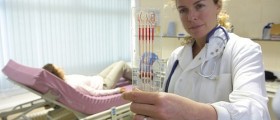
Your thoughts on this
Loading...